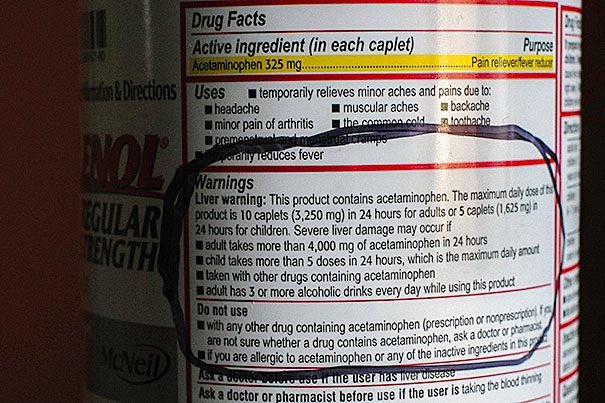Health
-

6 keys to a long, healthy life (ice cream included)
Also, why reading Ben Franklin beats climbing Mount Everest
-

Six cancers rising faster in younger adults than older ones
Large new global study fuels growing concern over trend of increases in several types

-

What’s next for GLP-1s?
Scientists eye new treatment targets for popular weight-loss drugs, from heart failure to addiction
-

Pricey blockbuster GLP-1s are costing users — and most of the rest of us, too
Health insurers are passing along cost for coverage in form of higher rates across the board, policy researcher says
-

Drinking 2-3 cups of coffee a day tied to lower dementia risk
Caffeinated tea also found to slow cognitive decline in study

-

New AI tool predicts brain age, dementia risk, cancer survival
Unlike other AI models, BrainIAC needs limited data to ID key neurological health indicators

-
Body exhibit
A new exhibit, “Body of Knowledge,” offers a five-century foray through the culture and history of anatomy and dissection, from the days of autopsies in private homes to the present debate over using digital ways to study the body without saws and knives. The exhibit will offer a special viewing May 3, 11 a.m. to 4 p.m., for the Harvard Arts First Festival.
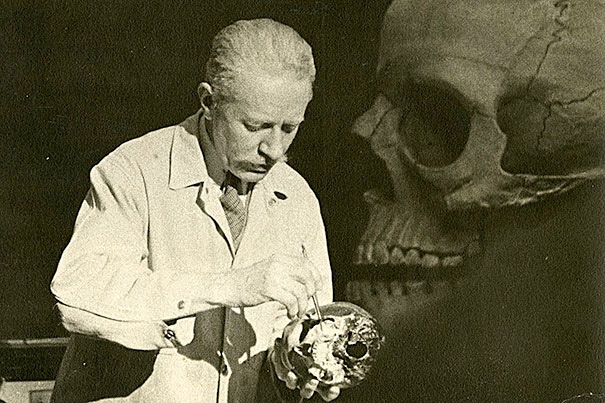
-
New frontier of risk
A recent study by a group of Harvard-affiliated researchers found a sharp increase in the use of opioid painkillers among a large group of pregnant women between 2000 and 2007. Its lead author discussed the findings with the Gazette.

-
Turning science on its head
Myelin, the electrical insulating material in the body long known to be essential for the fast transmission of impulses along the axons of nerve cells, is not as ubiquitous as thought, according to new work led by Professor Paola Arlotta.

-
The context of health care for all
Drawing on the experience of four nations, experts described how crises and fundamental transitions often prove the catalysts behind universal health care systems during a panel event Tuesday at Harvard’s Longwood campus.

-
Rules of evolution
For most people, rock-paper-scissors is a game used to settle disputes on the playground. For biologists, however, it is a powerful guide for understanding the key role mutation plays in…
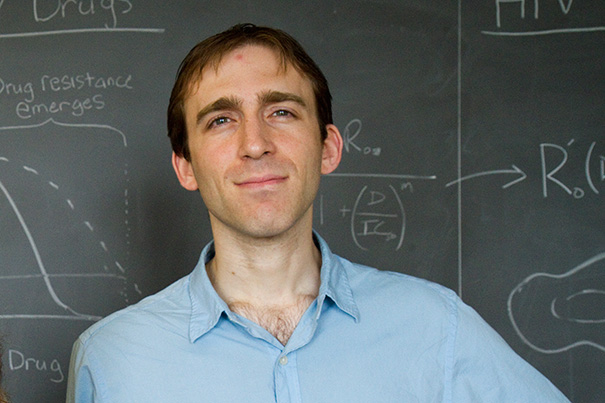
-
TV a sleep detriment in children, study finds
A study following more than 1,800 children from ages 6 months to nearly 8 years old found a small but consistent association between increased television viewing and shorter sleep duration.

-
Eve Ensler’s personal monologue
Author and activist Eve Ensler, who opened Radcliffe’s two-day conference “Who Decides? Gender, Medicine, and the Public’s Health,” read from her new memoir, “In the Body of the World.” The conference brought together physicians, policymakers, journalists, and academics to examine topics such as how we care for our health and respond to disease.
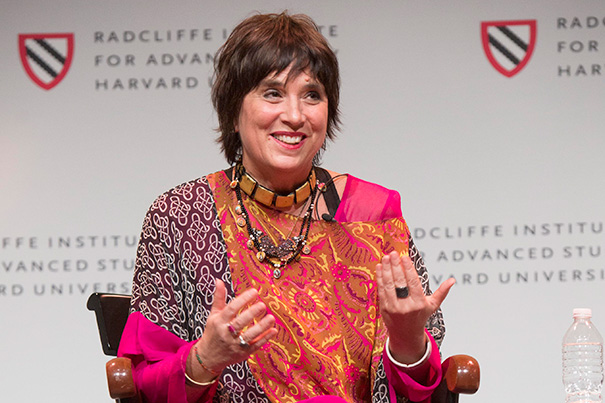
-
Digital record of a stand against chaos
Strong Medicine is a Harvard-sponsored archive of stories, photographs, oral histories and other media documenting the medical community’s response to the marathon bombings.

-
Huffington’s awakening
Reformed workaholic Arianna Huffington talked about her new book, “Thrive: The Third Metric to Redefining Success and Creating a Life of Well-Being, Wisdom, and Wonder,” during a visit to HSPH.

-
New hope for treating ALS
Harvard stem cell scientists have discovered that a recently approved medication for epilepsy might be a meaningful treatment for amyotrophic lateral sclerosis (ALS), also known as Lou Gehrig’s disease, a uniformly fatal neurodegenerative disorder.

-
A healthy replacement for dieting
Three specialists spoke to students about the benefits of intuitive eating in an event at Sever Hall.
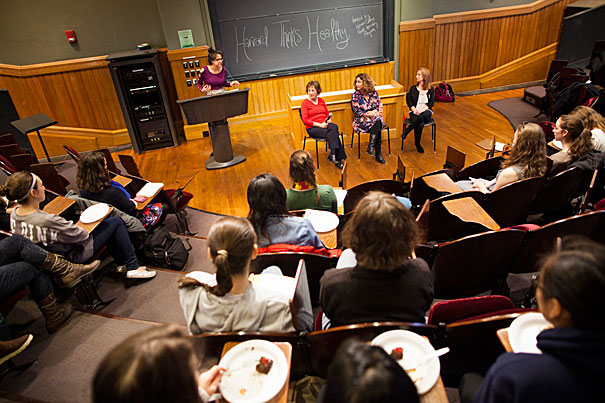
-
Microscopic particles carry big concerns
With a growing concern about nanoparticle use in everyday objects, scientists at the Harvard School of Public Health have discovered a fast, simple, and inexpensive method to measure the effective density of engineered nanoparticles, making it possible to accurately determine the amount that comes into contact with cells and tissue.

-
A face is not a fish
A new study from Dartmouth and Harvard researchers looks at the mechanisms behind facial recognition.
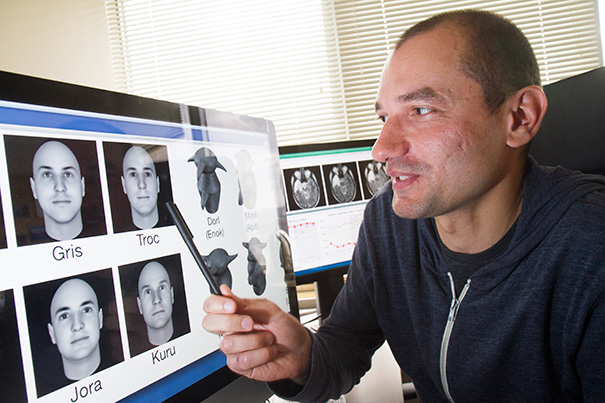
-
Solving the problem of shape-shifters
Investigators at Harvard-affiliated Massachusetts General Hospital (MGH) may have found a way to solve a problem that has plagued ligand-mimicking integrin inhibitors, a group of drugs that have the potential to treat conditions ranging from heart attacks to cancer metastasis.
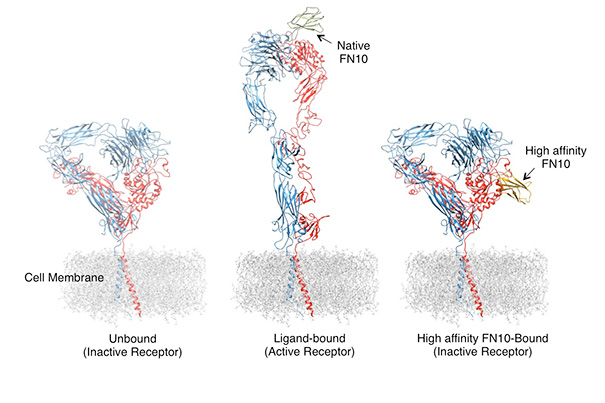
-
New childhood TB cases double earlier estimates
Harvard researchers have estimated that around 1 million children suffer from tuberculosis annually — twice the number previously thought to have the disease and three times the number of cases diagnosed every year.
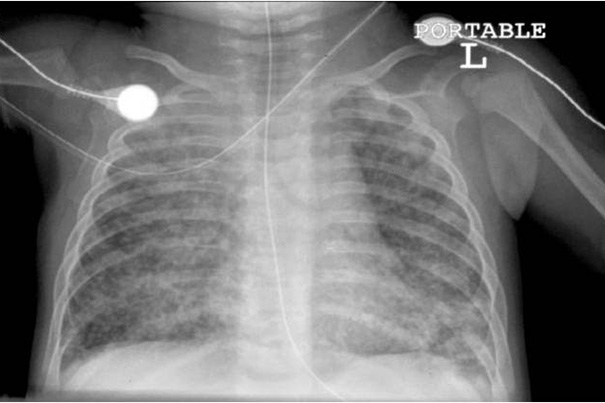
-
Fair-minded birds
New research conducted at Harvard demonstrates sharing behavior in African grey parrots.
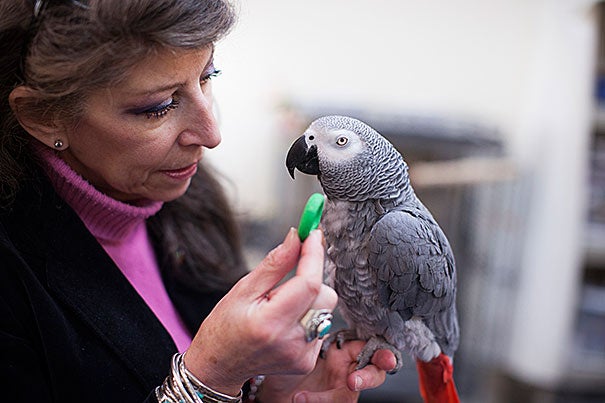
-
Genetic link between fried foods and obesity?
Harvard researchers have released the first study to show that the adverse effects of fried foods may vary depending on the genetic makeup of the individual.

-
Too sweet for our own good
Even the “healthy” fruit drinks that Americans sip are packed with the amount of sugar contained in six cookies. That love affair is making us sick.
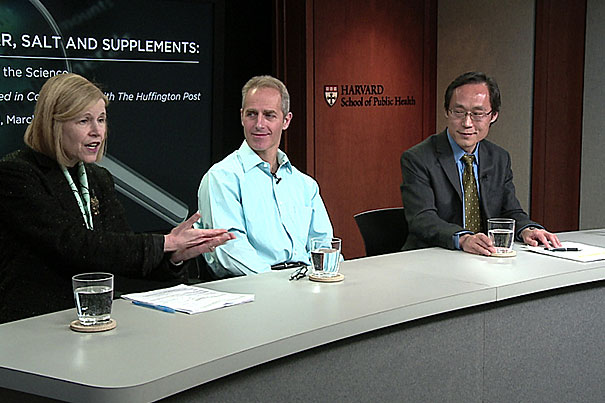
-
Secrets of the narwhal tusk
The narwhal tusk has now been mapped, showing a pathway between the spiral tooth and the narwhal brain. The study reflects how the mysterious animal may use its tusk to suss out its environment.

-
Imbalance in microbial population found in Crohn’s patients
A multi-institutional study led by investigators from Massachusetts General Hospital and the Broad Institute of Harvard and MIT reports that newly diagnosed Crohn’s disease patients show increased levels of harmful bacteria and reduced levels of the beneficial bacteria usually found in a healthy gastrointestinal tract.
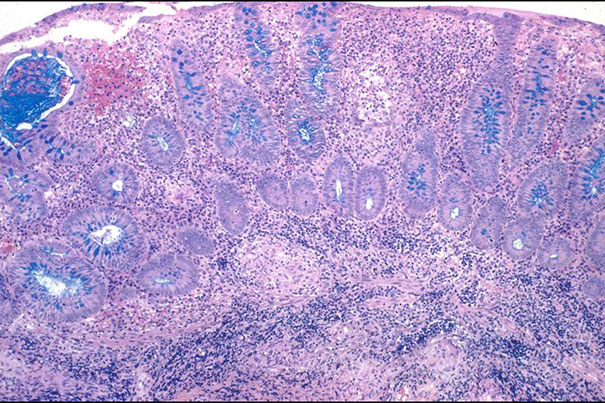
-
Toward an AIDS-free generation
AIDS researchers and medical ethicists gathered at the Harvard School of Public Health to explore possible ethical issues affecting studies of promising strategies to fight the ailment.
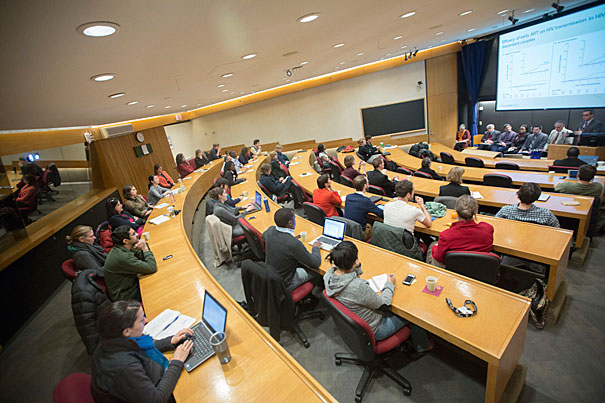
-
Key connection
Scientists have long suggested that the best way to settle the debate about how phenotypic plasticity may be connected to evolution would be to identify a mechanism that controls both. Harvard researchers say they have discovered just such a mechanism in insulin signaling in fruit flies.
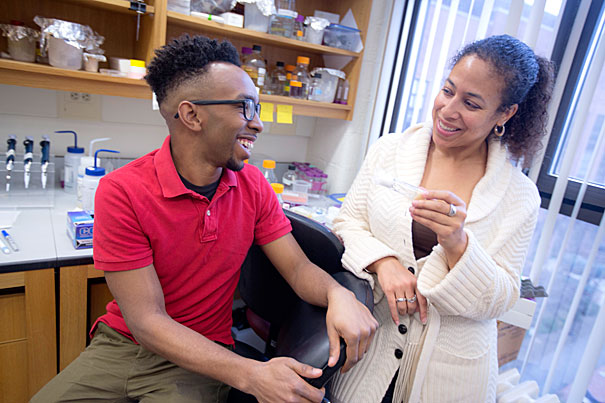
-
Vaccine holds promise against ovarian cancer
A novel approach to cancer immunotherapy — strategies designed to induce the immune system to attack cancer cells — may provide a new and cost-effective weapon against some of the most deadly tumors, including ovarian cancer and mesothelioma.
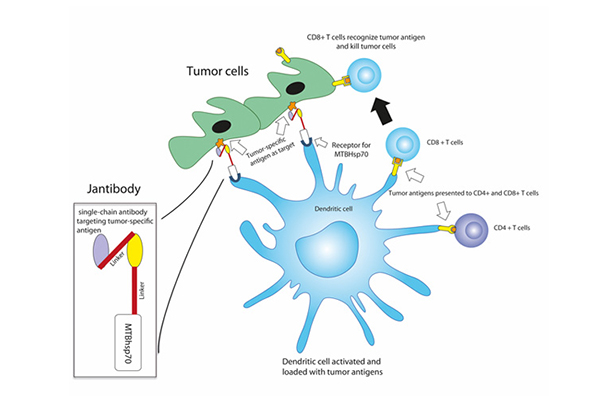
-
Quality control
A Harvard research team led by Kevin Kit Parker, a Harvard Stem Cell Institute principal faculty member, has identified a set of 64 crucial parameters by which to judge stem cell-derived cardiac myocytes, making it possible for scientists and pharmaceutical companies to quantitatively judge and compare the value of stem cells.
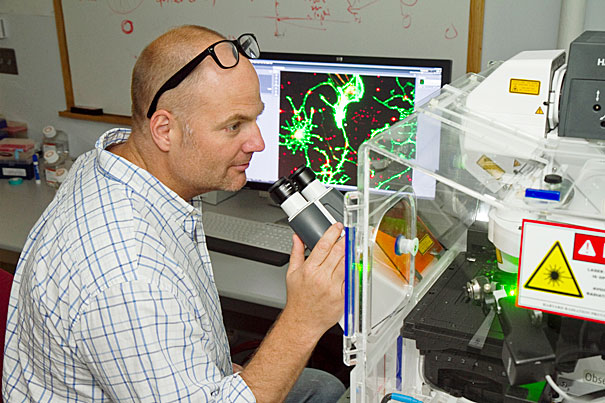
-
Alzheimer’s in a dish
Harvard stem cell scientists have successfully converted skins cells from patients with early onset Alzheimer’s into the types of neurons affected by the disease, making it possible for the first time to study this leading form of dementia in living human cells.

-
Study shows kids eating more fruits, veggies
A Harvard School of Public Health study has found that new federal standards launched in 2012 that require schools to offer healthier meals have led to more fruit and vegetable consumption. This contradicts criticisms that the new standards have increased food waste.

-
Major step in preventing type 2 diabetes
Researchers at the Broad Institute and Massachusetts General Hospital, both Harvard affiliates, have identified mutations in a gene that can reduce the risk of individuals developing type 2 diabetes. If a drug can be developed that mimics the protective effect of these mutations, it could open up new ways of preventing this devastating disease.

-
High-calorie feeding may slow progression of ALS
In a small study by Harvard-affiliated Massachusetts General Hospital, increasing the number of calories consumed by patients with amyotrophic lateral sclerosis (ALS) may be a relatively simple way of extending their survival.
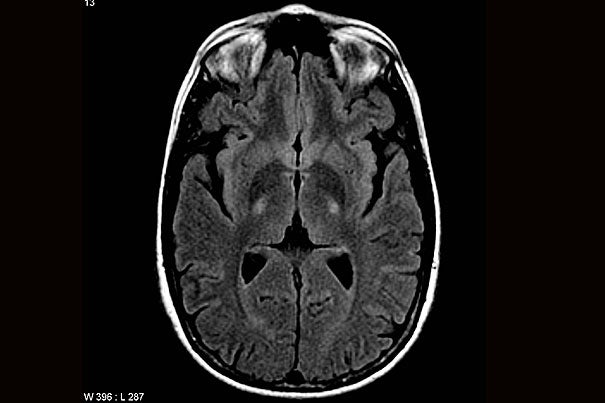
-
How Earth was watered
Evidence is mounting that Earth’s water arrived during formation, aboard meteorites and small bodies called “planetesimals.”
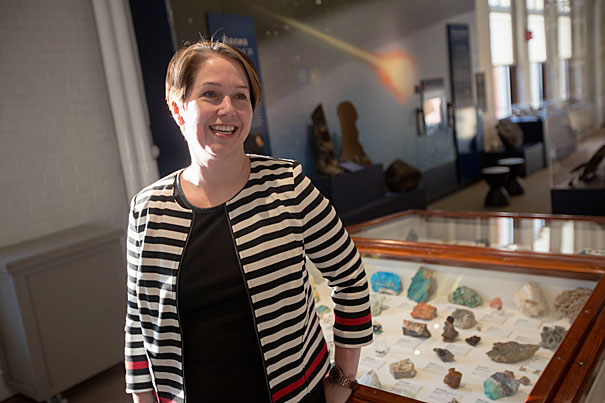
-
Lessening liver damage
Harvard stem cell scientists studying the effect of nitric oxide on liver growth and regeneration appear to have serendipitously discovered a markedly improved treatment for liver damage caused by acetaminophen toxicity.
